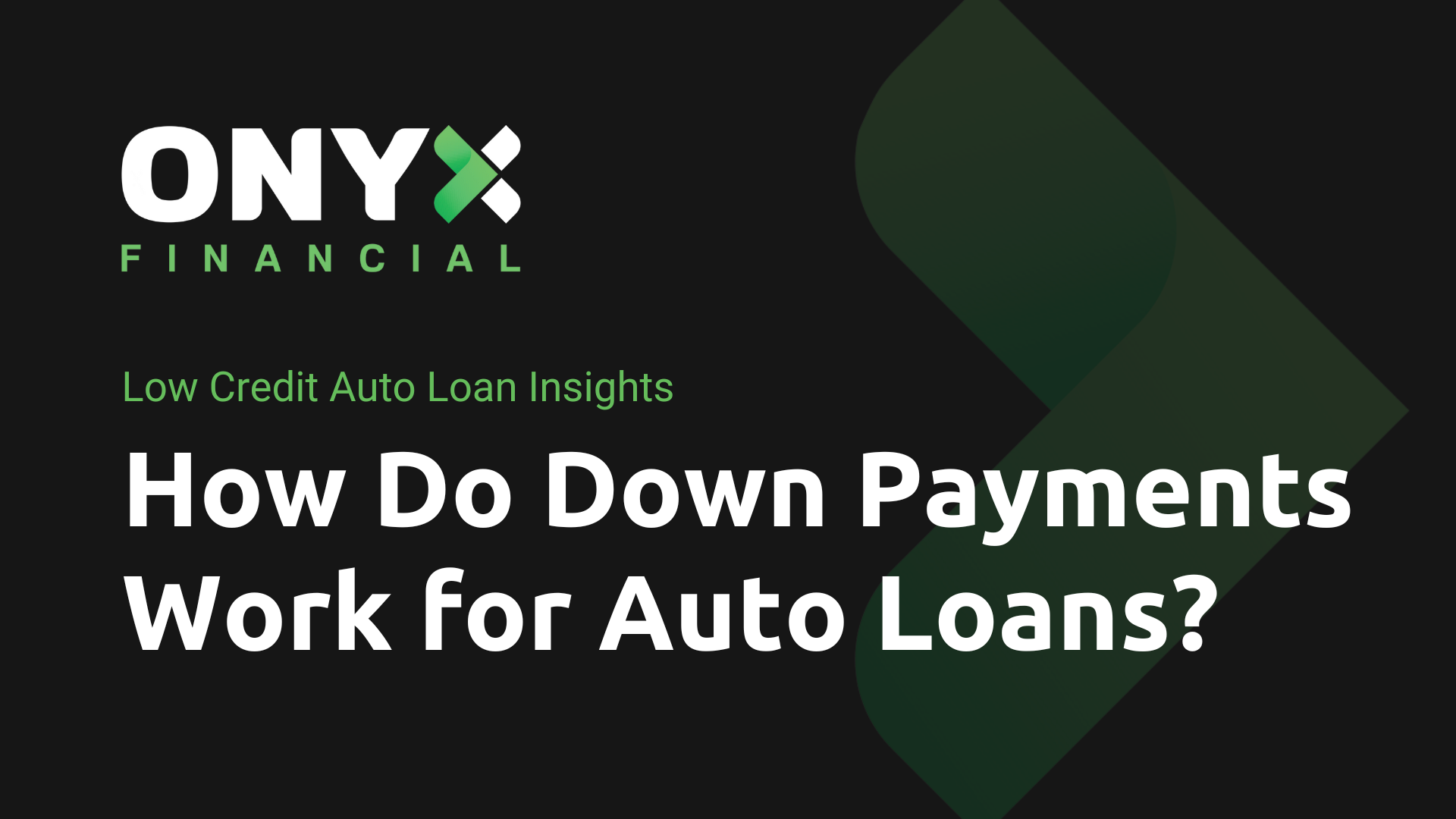Welcome to our video, “How Do Down Payments Work for Auto Loans?” Today, we’ll unravel the importance of down payments in the world of auto financing, particularly when your credit history isn’t pristine. Auto lenders commonly request a down payment, whether in cash or through a trade-in, and it’s not just about appeasing the lenders; it’s about optimizing your financial strategy.
Imagine your down payment as an investment in your car – it fosters a stronger sense of ownership and commitment. But it doesn’t stop there; down payments yield tangible benefits. They can significantly reduce your monthly car payments, offering much-needed relief, and allow you to shorten your loan terms, helping you escape debt sooner and save on interest.
These insights are especially valuable when dealing with higher interest rates often associated with less-than-ideal credit. So, let’s dive into the world of down payments and discover how they can work in your favor when securing an auto loan.
How Do Down Payments Work for Auto Loans? Transcription:
“When it comes to securing financing for a car with less-than-ideal credit, understanding the significance of down payments is key. Most auto lenders typically require applicants to provide a down payment, whether in cash or through a trade-in. So, why do they place such emphasis on down payments? Well, it’s all about increasing the likelihood that you, as the borrower, will consistently and punctually meet your loan obligations. Think of it this way: when you invest your own money into a new vehicle, it fosters a stronger sense of ownership and equity in that car. Lenders interpret this as a positive indicator of your commitment to making your monthly payments as agreed. However, the benefits of a down payment extend beyond showing commitment to your lender. They also work in your favor in a couple of important ways. First, Monthly Payment Relief: A down payment can significantly lower your monthly car payment by reducing the total amount you need to borrow. The larger your down payment, the more your monthly financial burden is lightened. Second, Shorter Loan Terms: Alternatively, you can use your down payment to shorten the duration of your loan. For instance, you could turn a 60-month loan into a more manageable 48-month term. This means you’ll become debt-free sooner and pay less in overall interest. These factors are particularly crucial when you’re dealing with the higher interest rates often associated with poor credit loans. In essence, a down payment is a smart financial move. It reassures the lender of your commitment and works to your advantage by reducing your monthly financial obligations and lowering the total interest you’ll pay over the life of the loan. This is especially valuable when navigating the challenges of higher interest rates that frequently accompany poor credit loans. ”


